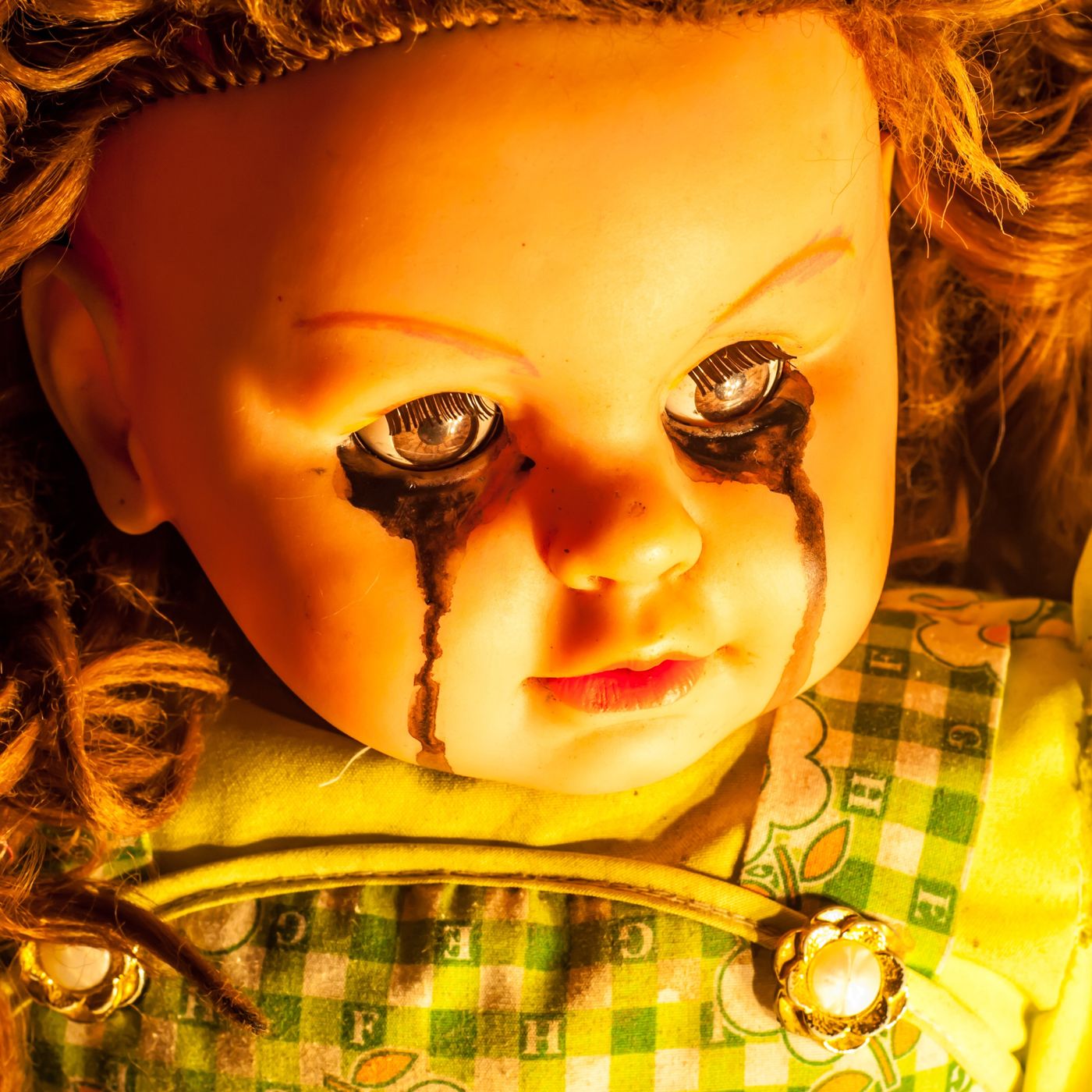True Crime Chronicles


My special guest tonight is author Mike Rothmiller returning to discuss his book called True Crime Chronicles.K-=TRUE CRIME CHRONICLES, Volume One, includes stories about Belle Gunness, who had a penchant for killing men and feeding them to her hogs,...
My special guest tonight is author Mike Rothmiller returning to discuss his book called True Crime Chronicles.K-=TRUE CRIME CHRONICLES, Volume One, includes stories about Belle Gunness, who had a penchant for killing men and feeding them to her hogs, Dr. Holmes and his “murder castle,” The Bloody Benders, and Amelia Dyer, the “baby farmer,” the darker side of Wyatt Earp, and the forerunners of the American Mafia, “The Black Hand.” Imagine yourself accompanying these reporters visiting the crime scenes, interviewing witnesses, and penning the stories of murder, lynchings, evil, and swift frontier justice.
More History on Baby Farming:
Baby farming is the historical practice of accepting custody of an infant or child in exchange for payment in late-Victorian Britain and, less commonly, in Australia and the United States. If the infant was young, this usually included wet-nursing (breast-feeding by a woman not the mother). Some baby farmers "adopted" children for lump-sum payments, while others cared for infants for periodic payments.
Though baby farmers were paid in the understanding that care would be provided, the term "baby farmer" was used as an insult, and improper treatment was usually implied. Illegitimacy and its attendant social stigma were usually the impetus for a mother's decision to put her children "out to nurse" with a baby farmer, but baby farming also encompassed foster care and adoption in the period before they were regulated by British law.
Wealthier women would also put their infants out to be cared for in the homes of villagers. Claire Tomalin gives a detailed account of this in her biography of Jane Austen, who was fostered in this manner, as were all her siblings, from a few months old until they were toddlers.[1] Tomalin emphasizes the emotional distance this created.
Particularly in the case of lump-sum adoptions, it was more profitable for the baby farmer if the infant or child she adopted died, since the small payment could not cover the care of the child for long. Some baby farmers adopted numerous children and then neglected them or murdered them outright (see infanticide). Several were tried for murder, manslaughter, or criminal neglect and were hanged. Margaret Waters (executed 1870) and Amelia Dyer(executed 1896) were two infamous British baby farmers, as were Amelia Sach and Annie Walters (executed 1903).[2] The last baby farmer to be executed in Britain was Rhoda Willis, who was hanged in Wales in 1907.
The only woman to be executed in New Zealand, Minnie Dean, was a baby farmer. In Australia, baby-farmer Frances Knorr was executed for infanticide in 1894.[3]
In Scandinavia there was a euphemism for this activity: "änglamakerska" (Swedish, including Hilda Nilsson) and "englemagerske" (Danish), both literally meaning a female "angel maker".
An undercover investigation of baby-farming, reported in 1870 in a letter to The Times, concluded that "My conviction is that children are murdered in scores by these women, that adoption is only a fine phrase for slow or sudden death".[4]
Spurred by a series of articles that appeared in the British Medical Journal in 1867, the Parliament of the United Kingdom began to regulate baby farming in 1872 with the passage of the Infant Life Protection Act 1872.
Follow Our Other Shows
Follow UFO Witnesses
Follow Crime Watch Weekly
Follow Paranormal Fears








